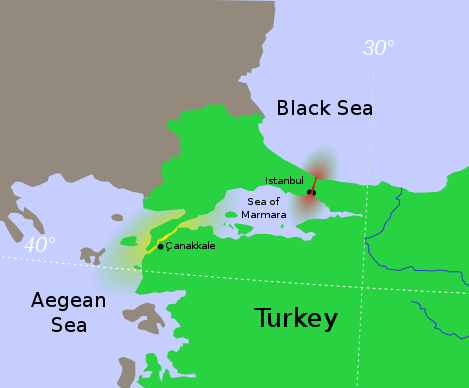Churchill and Professor Lindemann, Lord Cherwell
I reviewed the 1940-45 visitors books at Chequers. I was struck by how often Lord Cherwell (Frederick Lindemann) was there—far more than family and staff. He visited more than Bracken and Beaverbrook, or the Chiefs of Staff. What do you make of him? What’s best to read on him? —A.R., London
Most frequent visitorAfter the death of the F.E. Smith, the first Lord Birkenhead, Frederick Lindemann, Lord Cherwell (1886-1957) was probably Churchill’s closest friend. His signature is also the most frequent in the visitors book at Chartwell, where it appears 86 times, more than anyone else (Brendan Bracken only 31, although visitors usually signed only when staying overnight, and Bracken frequently returned to London).…







